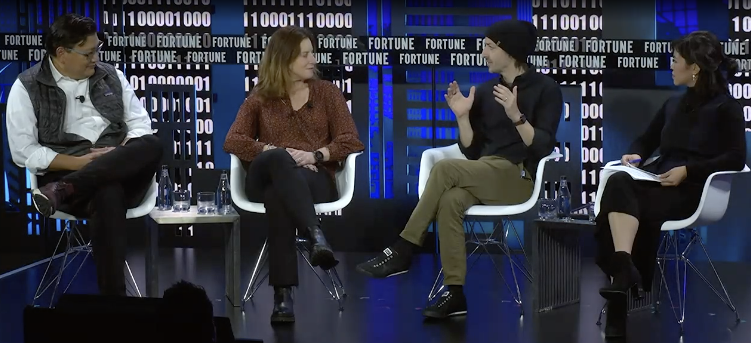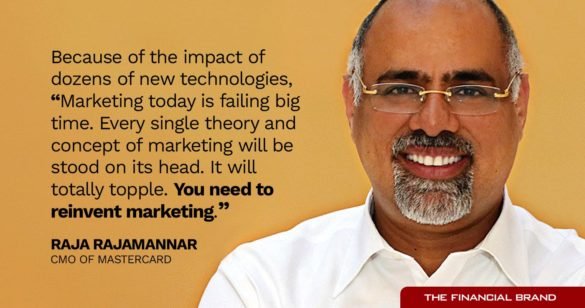3 top reads in the world of community banking and finance: a top down view of payment fraud, Fintech calls for the death of banking, and credit cards pitch experience over features.
1. The Fraud Supply Chain
Patrick McKenzie (aka patio11) shares another in depth look at the payments industry and in particular the mechanics and detecting fraud.
The business of fraud is almost as diverse as the business of… business. And it really is a business. Organized fraud has many of the accoutrements of professionalized systems with differentiated labor, like finance itself has. There are HR departments, professional fora, certifications, headhunters, and the like.
This is a surprising fact about the world, and not at all obvious. The mental model most have for crime is that it is largely committed by impulsive, not-terribly-well-organized individuals or small groups. That happens in finance, too, but the bulk of the work is done by professionals.
2. Fintech founder predicts the biggest 4 banks will be worth ‘less than $100 billion’ in 5 years
Fortune hosted several finance related discussion at their Brainstorm Tech 2021 last week. While Immad Akhund, Founder/CEO of fintech Mercury, not surprisingly grabbed the flashy headline above, even more traditional players chimed in on the potential for disruption in traditional financial services:
Eric Dunn, CEO of personal financial management software provider Quicken, described card and payment processing fees as a “skunk in the room” that is primed for disruption by fintechs. Akhund grouped banking fees under that category; he noted that they disproportionately harm lower-income customers and small businesses, and predicted that they will largely “disappear” over the next five years.

3. Mastercard CMO: Why Traditional Bank Marketing Is Failing
Raj Rajamannar explains Mastercard’s approach to addressing the reduced effectiveness of financial services marketing, in particular the shift in effort and spending from traditional advertising and user acquisition tactics:
Because consumers are ultimately there for the experience, not because they are obligated, marketing must evolve to put customer needs at the center of everything. Mastercard’s Priceless campaign gets to the root of what the company really does. That’s the realization that Mastercard is not a direct-to-consumer company but provides a platform customers use in their own way.
That’s it for this week. Comments and suggestions to blog@mindspaninc.com.


